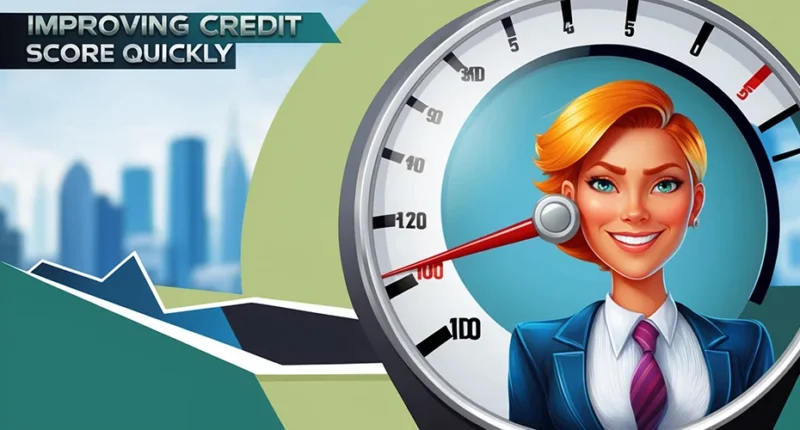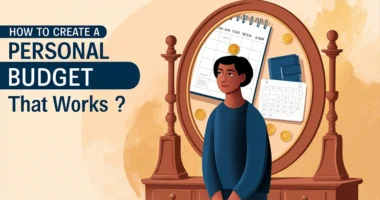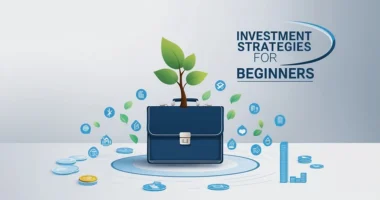Table of Contents
Your credit score is one of the most important factors that lenders use to decide whether to approve you for loans or credit cards. It can also impact the interest rates you’re offered. If you’re looking to improve your credit score quickly, there are several steps you can take to boost it. Let’s break down some practical, easy-to-follow ways to improve your score.
Check Your Credit Report for Errors
The first step to improving your credit score is to check your credit report for any errors. Mistakes on your credit report can negatively impact your score. These mistakes might include incorrect personal information, accounts that aren’t yours, or late payments that you actually made on time. You can request a free copy of your credit report once a year from each of the three major credit bureaus—Equifax, Experian, and TransUnion—through AnnualCreditReport.com.
If you find errors, dispute them with the credit bureau. Fixing even small errors can give your credit score a significant boost.
Pay Your Bills on Time
Your payment history accounts for a big portion of your credit score. Late payments can drop your score quickly, so paying your bills on time is one of the best ways to improve it. Set reminders for when your bills are due, or even better, set up automatic payments for bills you know you’ll have each month. The more consistently you pay on time, the faster your credit score will improve.
If you’ve missed payments in the past, start paying on time from now on. Over time, your payment history will improve, and so will your credit score.
Pay Down High Credit Card Balances
Credit card debt can have a major impact on your credit score, especially if your balances are high. Try to pay down your credit card balances to below 30% of your credit limit, as this is typically seen as ideal by most credit scoring models. The closer you are to maxing out your credit cards, the more it can hurt your score.
You don’t have to pay off your entire balance at once, but making a consistent effort to reduce it will help improve your score. Focus on paying down the cards with the highest interest rates first to save money in the long run.
Avoid Opening New Credit Accounts
Each time you apply for a new credit card or loan, a hard inquiry is made on your credit report. Multiple inquiries in a short time can lower your credit score. While it might be tempting to open new accounts to increase your available credit, it’s better to avoid opening new credit accounts while you’re trying to improve your score.
Instead, focus on managing your current accounts responsibly.
Become an Authorized User
If you have a trusted family member or friend with a good credit history, you can ask to be added as an authorized user on their credit card. This means their positive payment history and low credit utilization will reflect on your credit report, helping to raise your score. However, be sure the primary cardholder has a good track record of making payments on time, as their bad habits could negatively affect your score.
Settle Any Outstanding Debts
If you have accounts in collections, it can really damage your credit score. It’s a good idea to settle these debts as soon as possible. Contact the collection agency and negotiate a settlement, or set up a payment plan. While settling a debt doesn’t immediately remove it from your credit report, it shows that you’ve made an effort to pay back what you owe. Over time, your score will improve.
If you’re unable to pay the full amount, sometimes the creditor will agree to remove the account from your report after you settle. Make sure to get any agreement in writing before you pay.
Keep Old Accounts Open
The length of your credit history also impacts your score, so it’s generally a good idea to keep old accounts open. Even if you’re not using an old credit card, leaving the account open will help improve your credit score by increasing the average age of your accounts.
However, if there’s an annual fee associated with a credit card you don’t use, it may be worth closing it to avoid unnecessary fees. Just keep in mind that closing old accounts can shorten your credit history and potentially lower your score.
Consider a Secured Credit Card
If your credit is in poor shape, getting approved for a regular credit card can be difficult. One option to help rebuild your credit is a secured credit card. These cards require you to put down a deposit, which serves as your credit limit. Using a secured credit card responsibly by paying your balance on time and keeping your utilization low can help improve your credit score quickly.
Keep Credit Utilization Low
Your credit utilization ratio (the amount of credit you’re using versus your total available credit) makes up a significant portion of your credit score. Try to keep this ratio below 30%. This means if you have a $1,000 credit limit, aim to keep your balance below $300. By paying off balances quickly and keeping your spending low, you’ll keep your credit utilization rate in check.
Conclusion
Improving your credit score quickly takes patience and consistency, but with these strategies, you can make noticeable progress. Start by checking your credit report, paying your bills on time, reducing your credit card balances, and being mindful of your credit activity. Over time, these steps will help boost your credit score, opening doors to better financial opportunities like loans and credit cards with lower interest rates.











